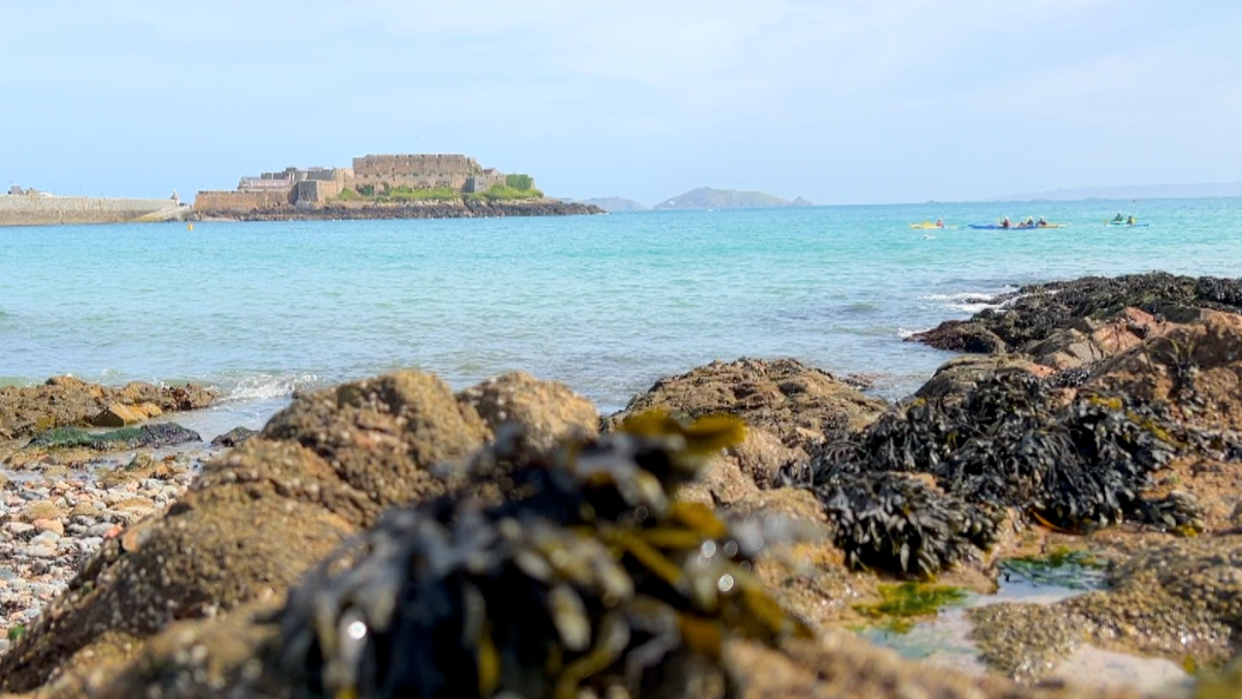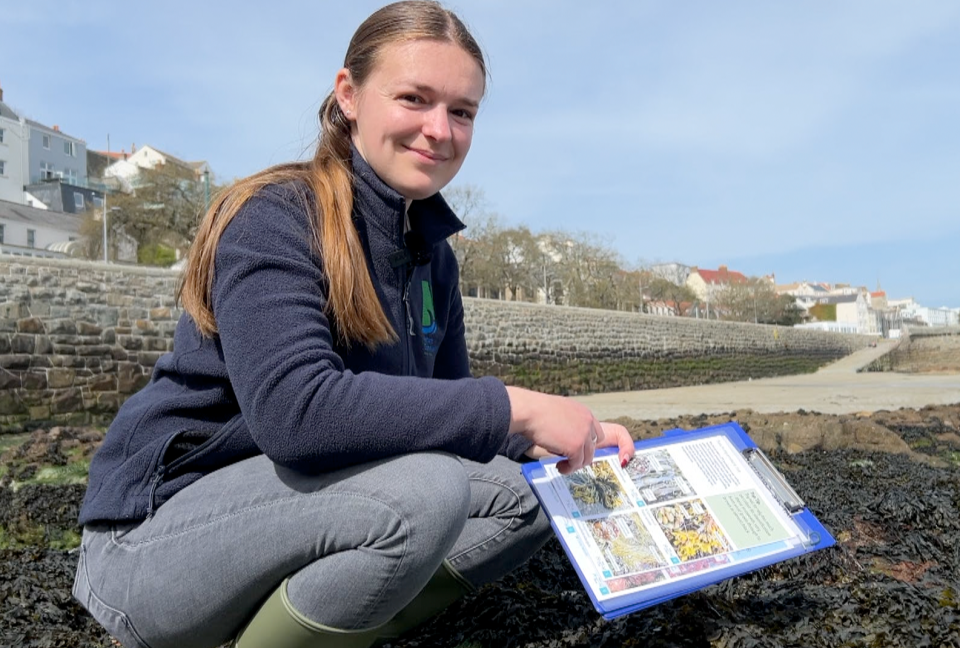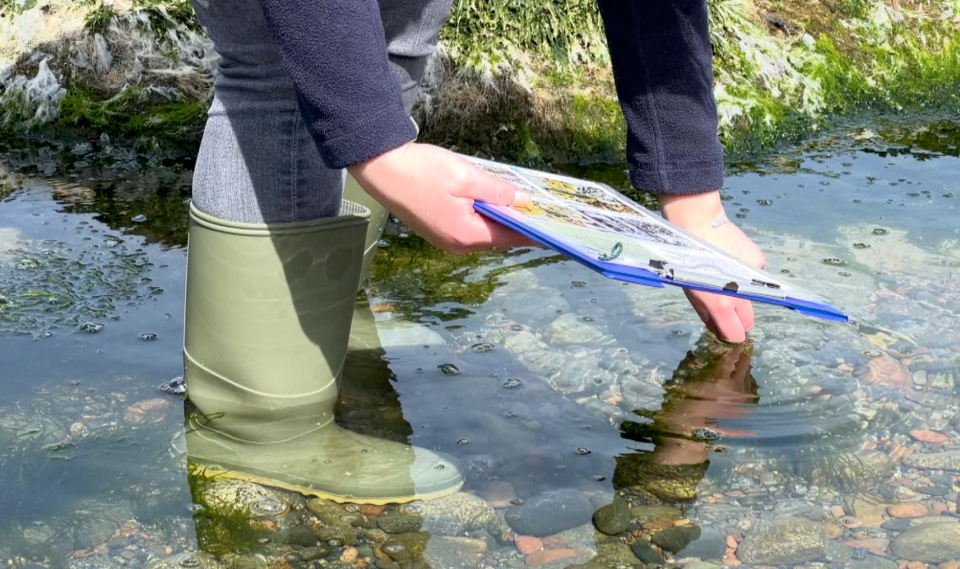Islanders asked to document seaweed and shark eggs

Islanders are being called upon to help document the effects of climate change in Guernsey by exploring the shoreline this summer.
Two marine "citizen science" projects will challenge volunteers to survey 14 species of seaweed as well as varieties of shark egg cases, known as Mermaid Purses.
It is hoped the data gathered can be used to help conserve native species, Guernsey's Nature Commission says.
The commission's ecologist, Charlotte Burgoine, said: "It's really important to get the public involved."

"It makes them understand more about the natural world and they are also providing data, which is really important.
"If we have data, we know what species we have around here. Long term, we can find out if they are increasing or decreasing and target our conservation measures," she added.
Eight beach sites will be surveyed across the island as part of two nationwide schemes: The Great Eggcase Hunt project organised by Shark Trust and The Big Seaweed Search lead by the Marine Conservation Society.
Conversationists have been conducting preliminary studies of the sites before the project is rolled out.
Ms Burgoine says the seaweed species found can act as a barometer of changes to the wider marine environment.

This includes rising sea temperatures and ocean acidification, caused by rising carbon dioxide in the atmosphere, she said.
"It might mean we are finding more invasive species that can tolerate warmer waters and the native cold tolerate species are moving elsewhere," Ms Burgoine continued.
"They can form a blanket over the rock pools, so organisms beneath can't photosynsthise.
"The native grazing species - like sea slugs and sea hares - won't eat them, which means they are able to spread really fast."
The projects will see islanders surveying an area of beach with an identification guide, before logging finds to an online database.
Ms Burgoine added: It's really important to contribute to these national schemes.
"But if we want to look at Guernsey specifically, then we can.The data can be extracted out so we will be able to do our own analysis."
Follow BBC Guernsey on X (formerly Twitter) and Facebook. Send your story ideas to channel.islands@bbc.co.uk.

